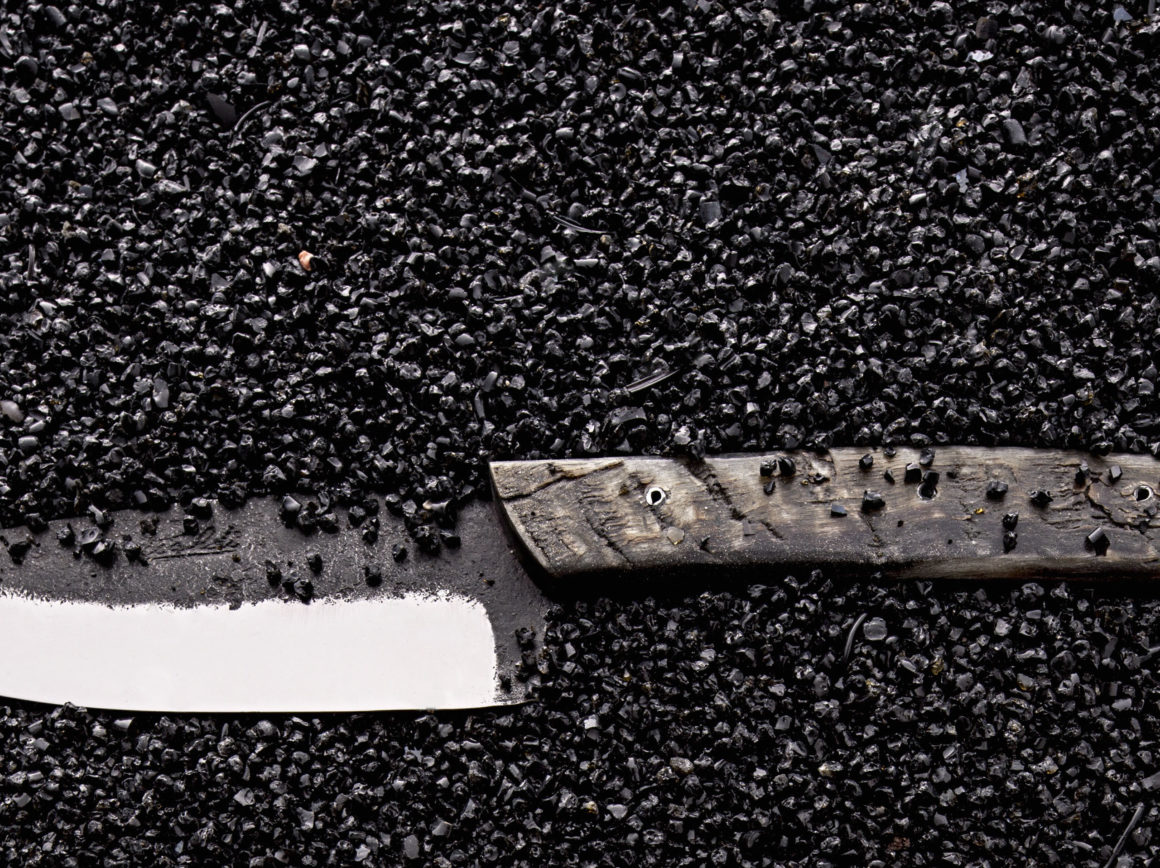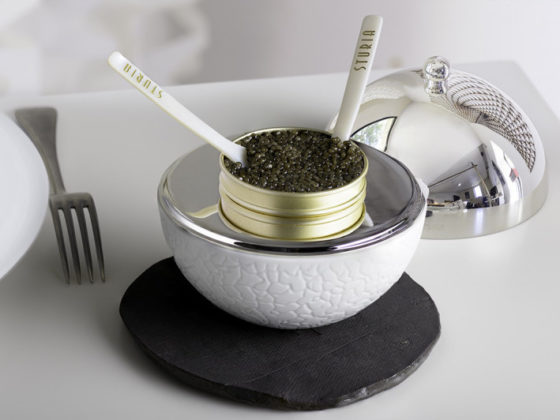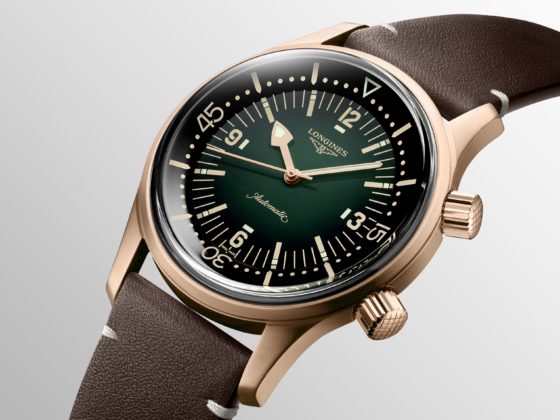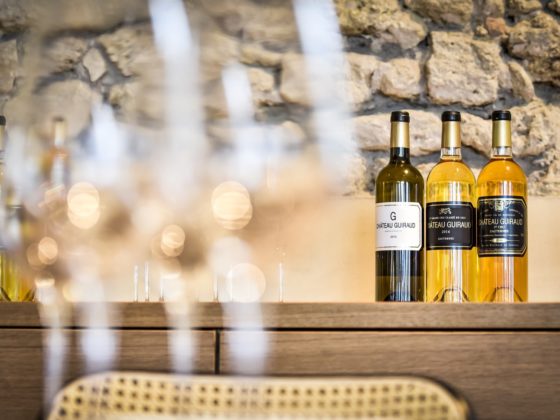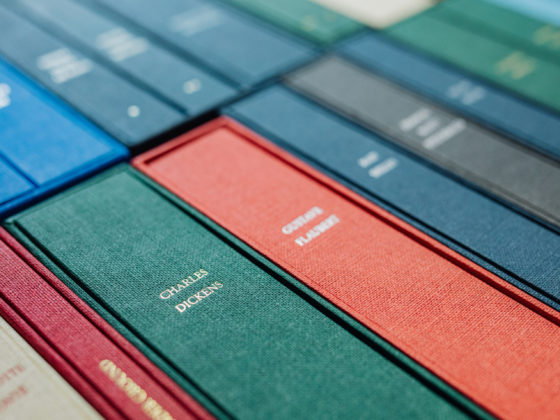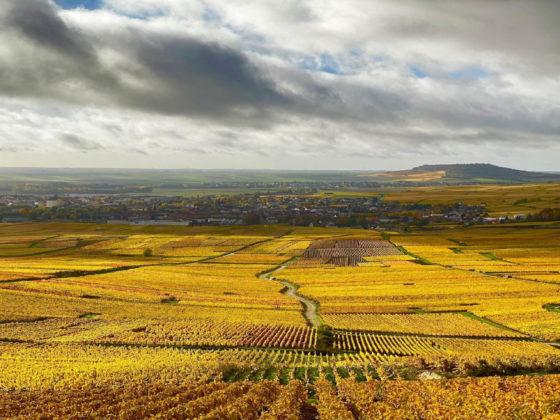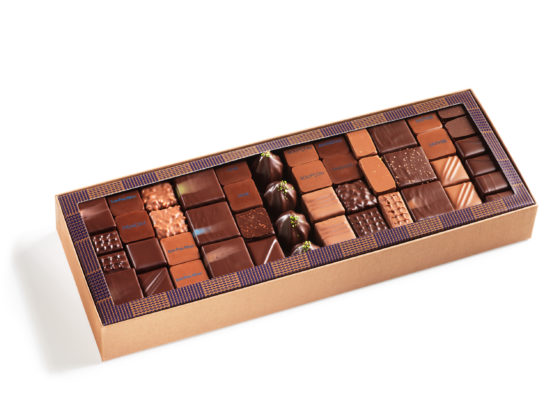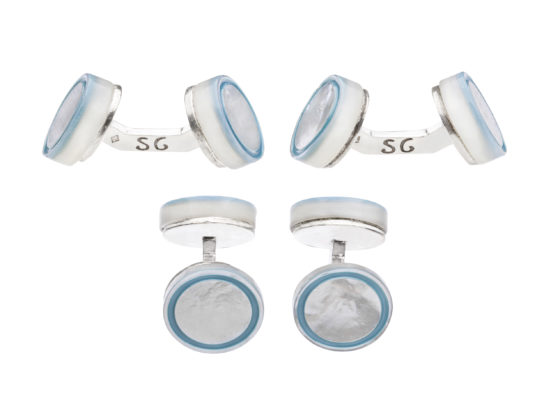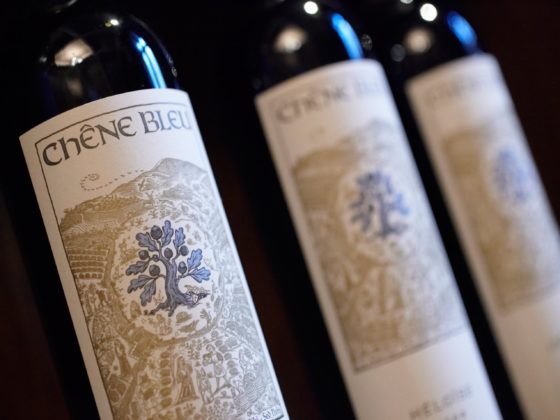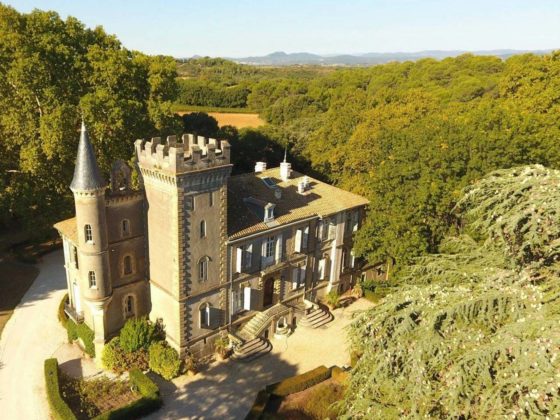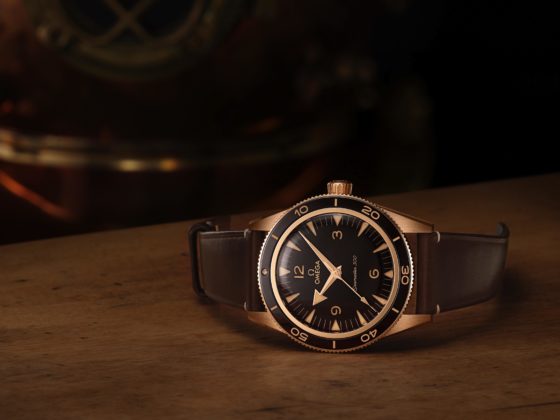There are days when the sense of the art of living guides our steps… This is what seems to happen to us often in the editorial office, when a small voice or a desire coming from who knows where invites us at the bend of a walk to turn or to continue a little further, in a small and apparently empty street, where we would probably never have gone.
By Xavier Aubercy
This is how the meeting with the cutler Ceccaldi begins, in the shadow of the Sorbonne, with his history, his family and his magnificent creations such as his shepherd’s knives, hunting knives, kitchen knives and his unique pieces. Whether your father one day perpetuated this tradition of offering you “your knife” as a moment of transmission, as a token of confidence or of passage to the age of responsibility, or, on the contrary, whether you have never held in your hands more than an industrial object just useful for cutting up food, I can almost tell you that if you pass one day in this delightful store on rue Racine, you are likely to have many cravings for something else, both masculine and feminine, and this for many reasons.

First of all because the source that springs up here is a family one, through the history of a father and his two sons, and comes from one of the most beautiful regions of France and the world: Corsica. That’s why you will find on olive, juniper, ebony, boxwood, walnut or walnut wood for the handles. of the island but also the horn of the local rams which will compete your favor, compared to the more contemporary precious metals, carbon and resins, which will be associated with the steels of Thiers.

The knife chosen here will have been made for you, to be an efficient and everyday companion. It will be guaranteed for life and when you wish, you will come to see Simon in Paris, or Sylvestre or Jean-Pierre in the workshop of Porticcio, on the south shore of the Gulf of Ajaccio, for the pleasure of seeing your blade sharpened as on the first day.

“What we like is the variety” says Ceccaldi. This also explains why year after year year, for more than 40 years, the range of temptations has widened and that it currently has 6 to 7 proposals in each category to which add the unique pieces allowing to dare a little more. These dress up or the most precious materials like this steel Damascus leaflet that was on display the day I visited.

The forge that will make the blade is without doubt the most important emblematic of the knife maker. During the operation, the steel is brought to a high temperature in order to make it malleable and thus to be able to give it, under the impulse of the blacksmith’s hammer, its shape and its final fineness. The most often, the blades are cut according to an original design or pattern on steel plates or bars, and then ground to hollow out the steel, operation that is called emouture. Then comes an essential step: the tempering process. This process consists of baking the blade blanks at a temperature of temperature of 840 degrees for carbon steels or 1040 degrees for stainless steels and then to cool them immediately either in oil or in contact with air depending on the material. Then, a new passage in the oven at a temperature much lower for an hour will allow to relax this steel and thus to make it less brittle. It is the perfect mastery of these operations that will define the best compromise of hardness, and thus the quality of the cutting edge of each knife made.

How not to be touched of course by the personality of Simon and the young woman who helps him in his ravishing Parisian store, or by his knife “Vendetta”? But my emotion of the moment was focused on the table knives of everyday life, arousing the desire and pleasure to invite lots of friends for dinner. Here, little advertising but a permanent desire and a word of mouth of customers who for nothing in the world would would leave their knife if the master is not there.


“A’ chi a un pane é un cultellu face a fata cum ellu volle“, says the Corsican proverb: “the one who has a bread and a knife cuts the branch as he wants.” We proposed you the knife, you have to find the bread…
Parisian store : 15 rue Racine, 75006 – tel. Phone number : 01 46 33 87 20 / 5 stores in Corsica


